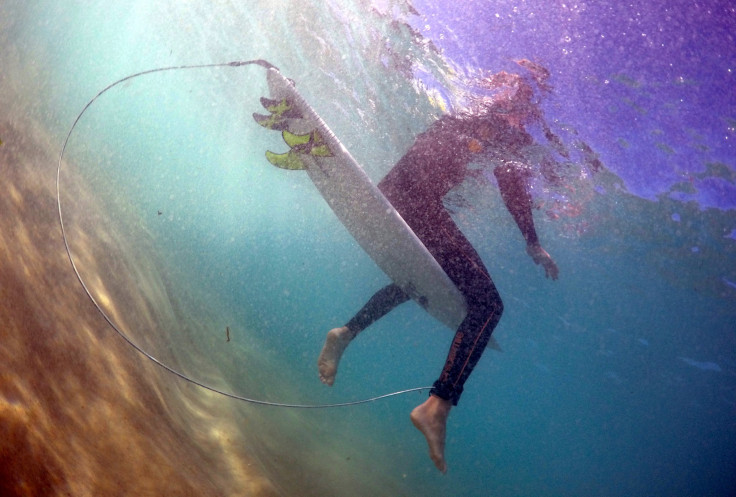After $1M shark cable, shark-detecting drones being tested to keep beachgoers safe from lurking predators [Video]

Experts are increasingly resorting to using drones for a lot of conservation efforts around the globe. Drones have been used to keep illegal fishermen away, watch over parks in Africa and monitor killer whales. Now, researchers are using the same technology to track shark behaviour along coastal waterways. The drones can not only protect beachgoers, they can also make experts know more about shark behaviour and their environment.
Duke and UNC Chapel Hill researchers believe that drones can prove to be highly effective in tracking predators under water. They are now testing drones to locate, track and study bonnethead sharks. The researchers want to know whether it is possible to detect sharks in various water conditions and habitats. Until now, researchers have relied on planes for getting information. However, drones with cameras have proved to be as reliable.
The researchers also believe that the drones will be able to successfully locate the sharks nearing beaches, thereby reducing chances of shark bites and fatalities. As summer approaches, concern for shark bites also go up. Even though more testing is required to completely rely on drones, the North Carolina Aquariums has funded the study as they believe that drones will provide protection to beachgoers.
“Our surveys so far are telling us if the sharks are there and they’re less than a meter deep, or a little past a meter deep, then we should be able to detect them even when the water is murky ... Here’s an opportunity for us to use some pretty powerful small computers on board a very small aircraft to take us into a real-time detection situation. And that’s where we’d like to be a few years down the road,” Dave Johnston, director of the Unoccupied Systems Facility at Duke’s Marine Lab in Beaufort, North Carolina, said in a statement.
Watch Johnston use drones to detect sharks here.
Source: YouTube/Duke University
Earlier this month, it was reported that researchers had successfully tested a $1 million shark cable and confirmed that all great white sharks that came close to the cables, off a beach near Cape Town, diverted back. During a four-week trial, researchers watched 52 great white sharks being repelled away by the pulsing cable. The trial concluded with a 100 percent success rate.






